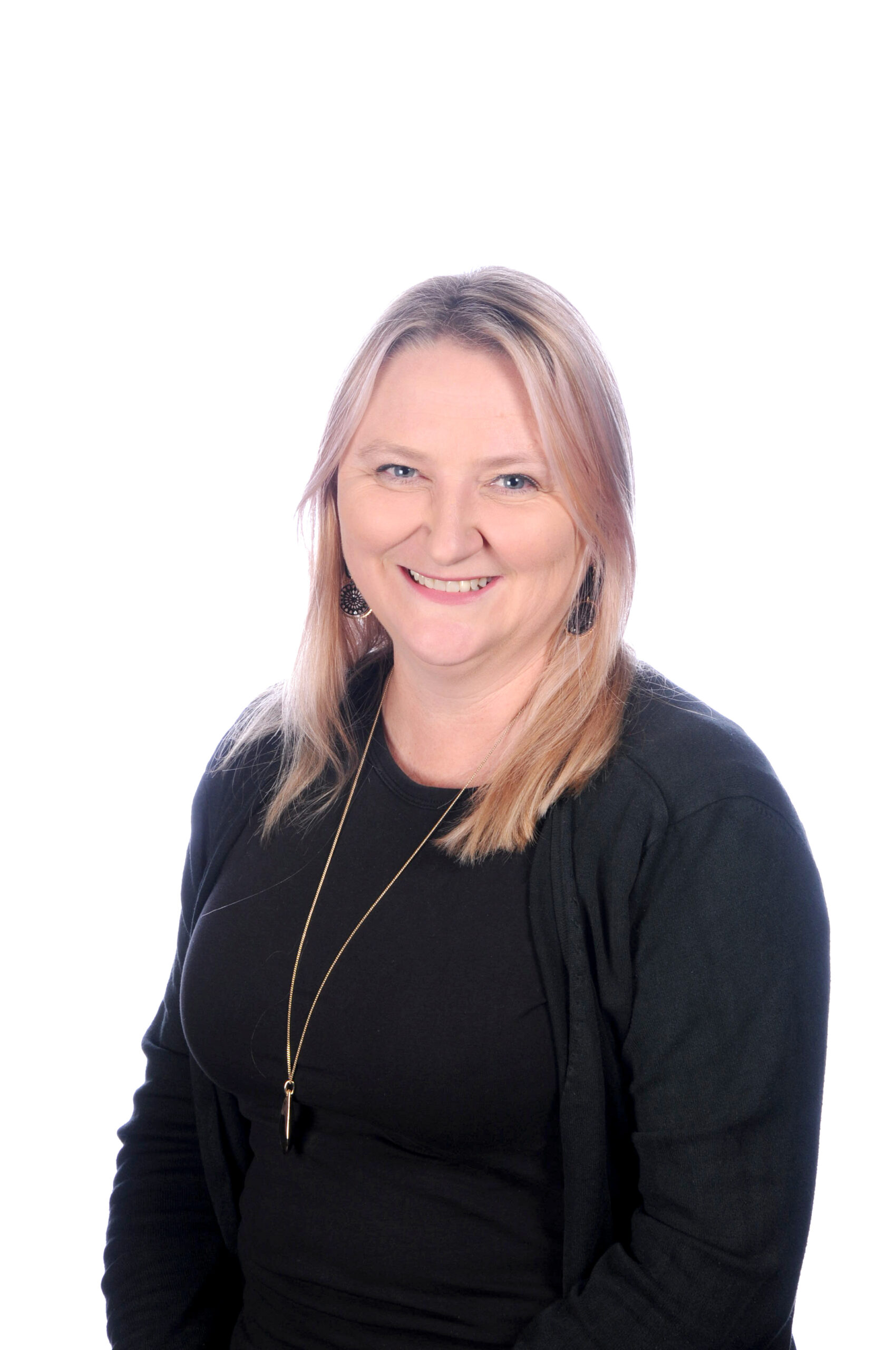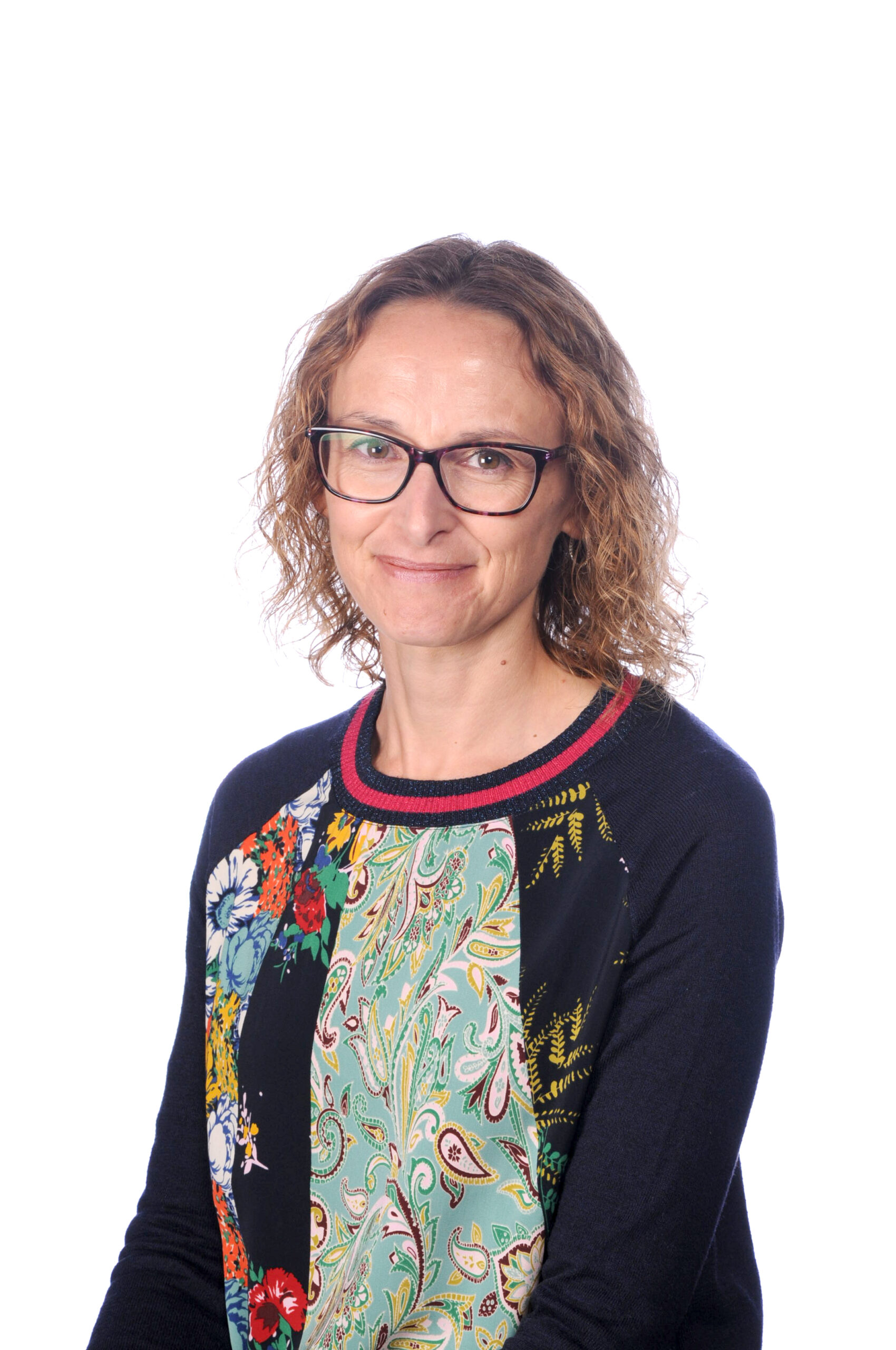Morden Primary has a comprehensive provision map detailing how we teach safeguarding and how we keep children safe. Safeguarding practice is exceptional across the school. Please see the link below for our provision map.
The school’s safeguarding polices can be found in the Policies section of our website and on request at the school office. At Morden Primary School we consider the safeguarding of children to be our most important priority. Children need to feel safe, cared for and valued in order to learn and thrive. In our school we follow the guidance set out in “Keeping Children Safe in Education” which states that schools must ensure they:
To ensure the above guidelines are followed we take action to enable all children to have the best outcomes through our safeguarding measures regardless of their age, culture, physical needs, gender, language, racial origin, religious beliefs and sexual identity. In order to do this we have clear procedures in place to ensure that disclosures or allegations are taken seriously, recorded correctly and investigated.
Everyone who comes into contact with children and their families has a role to play in safeguarding children. Staff are made aware that any safeguarding issues need to be reported through the correct procedures to the Designated Safeguarding Leader (DSL). When staff are recruited we follow the procedures set out in our “School Recruitment and Selection Policy”. Also on-going safeguarding measures are in place for staff currently employed i.e. through training and DBS re-checks. In addition to this all staff receive annual safeguarding training and updates to ensure they could recognise signs and symptoms of abuse and report using our agreed procedures. The Designated Safeguarding Leaders in school are:
 Mrs Blow Designated Safeguarding Lead Headteacher |  Miss Diamant Designated Safeguarding Lead Deputy Head / Acting Phase 2 Lead |  Mr Carrington Designated Safeguarding Lead Assistant Head / Inclusion Manager |
 Mrs Torreiro Deputy Designated Safeguarding Lead Phase 3 Lead |  Mr Marlow Deputy Designated Safeguarding Lead EYFS Lead |
Out of school, should you have a safeguarding concern about a child, the Merton Multi-Agency Safeguarding Hub can be contacted on 0208 545 4226
To support pupils with confidence and knowledge of safeguarding issues we ensure our personal, social, health education (PSHE) programme allows lots of opportunities to develop their understanding. For example:
In order to provide the best possible safeguarding for all pupils in our school we work with outside agencies to ensure we get expert advice and support. We follow procedures set out by the Local Education Authority and “Keeping Children Safe in Education” in accordance with child protection procedures. Below are some of the links we have with external agencies:
Everybody needs help at some point in their life; the early help process help us to access support as soon as possible. This enables us to work alongside families to put things in place to help life be a bit easier for the family.
In Merton there are lots of different services that work together with children, young people and families providing ‘Early Help’ so that their needs are met. We want to make sure children, young people and families in Merton can get the right help, in the right place, at the right time so that things do get better. We believe that Early Help is all about identifying family needs early, working together at the lowest possible level of need to address issues or problems before they get bigger and making sure families know how and where to get support if they need, mostly through the organisations already working with children like schools or health services.
Please see the documents below for further advice.